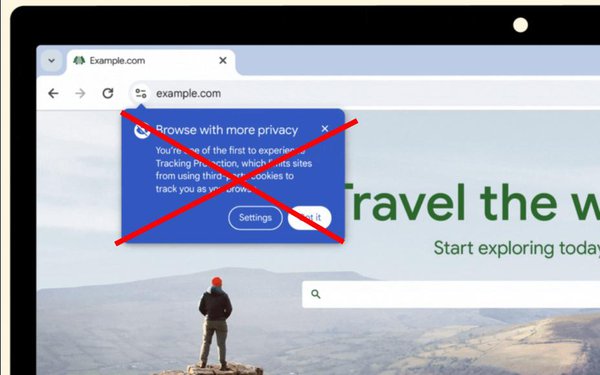
Google seemed well on its way to
deprecation of third-party tracking cookies in its Chrome browser until it hit yet another roadblock.
The phaseout has faced multiple delays. Estimates put the rollout data sometime in 2025 --
if the company meets the CMA’s and Information Commissioner's Office (ICO) approval.
A delay came for the first time in 2020, again in 2023, and most
recently this week when a Google executive explained in a post that it would no longer have the ability to eliminate third-party cookies on its most recently revised timeline.
The company cited “ongoing challenges related to reconciling divergent feedback from the industry, regulators and developers.”
The biggest decision on the timing to phase out tracking cookies in browsers
has really been led by the U.K.’s CMA, which aims to ensure that a set of Google tools such as Privacy Sandbox can replace an antiquated online targeting and measurement system.
advertisement
advertisement
It likely will now be extended until 2025, despite Apple, Mozilla, and Microsoft already phasing out cookies in their respective browsers.
Microsoft has been working with Google to adopt Privacy Sandbox, but did not publicly
comment on the delay.
The UK’s Competition and Markets Authority (CMA) and Google are publishing quarterly reports to update the industry on the latest status of Privacy Sandbox
for the Web. As part of Google’s Q1 2024 report, the company said it will include an update about the timeline for phasing out Chrome third-party cookies in the April 26 report.
The
report will outline how it has become critical for the CMA to have sufficient time to review all evidence -- including results from industry tests, which the CMA has asked market participants to
provide by the end of June. It states: "Given both of these significant considerations, we will not complete third-party cookie deprecation during the second half of Q4."
Regulations are
strict in the European Union. Google’s search engine in countries such as Scotland, Norway, and Ireland are very different than those in the United States. Websites require the user to click on
“Accept,” “Manage Settings,” or “Decline” or “Do Not Consent” before allowing the site visitor to read the content on the page. The search engine also
provides the time of day in military hours and minutes, rather than using AM and PM.
Mathieu Roche, ID5 CEO and co-founder, has always had an interesting perspective on Google’s
deprecation of cookies. The delay in this announcement is no different.
“It’s widely known that third-party cookies are a privacy liability as well as a flawed identification
tool,” he wrote in a statement to Media Daily News. “By linking cookie deprecation and Privacy Sandbox, Google is inherently tilting the playing field in its favor.“
Roche believes Google is not reliant on cookies and has better ways to identify users across browsers and devices, such as using logins for Google and YouTube. He thinks the delay in cookie
deprecation strengthens Google’s position as a media owner.
Once published, the industry can view Google's and the CMA’s full reports.